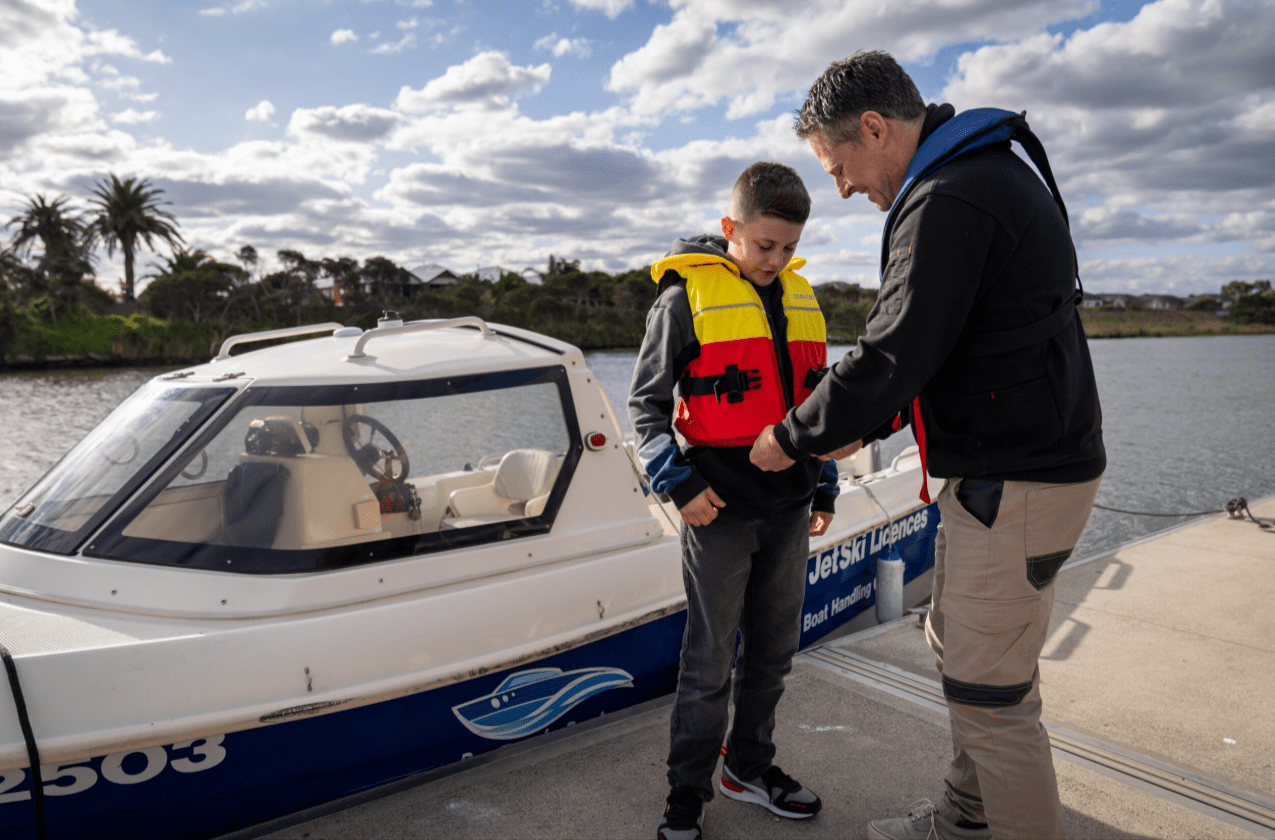The waters along the Gulf Coast offer both beauty and excitement, but the situation can quickly become overwhelming when an accident happens on a boat or jet ski. That’s why turning to Maloney-Lyons Legal Insight on Watercraft Accidents is crucial for anyone who spends time on the water. From liability questions to insurance disputes, these cases often involve far more complexity than a typical car crash. In Biloxi, MS, the stakes are even higher.
With its busy marinas, fishing charters, and recreational boating culture, accidents on the water are not just possibilities—they’re realities that local families and visitors face each season. Knowing your rights after a collision or injury can mean the difference between being left adrift in confusion and charting a clear course toward recovery. If you’re searching for practical guidance, these top legal tips will help you protect yourself and your loved ones after a watercraft accident. In this guide, we are giving you the five most critical legal tips to think about if there is an accident on the water.
Understanding Liability
Figuring out who is at fault is one of the most basic aspects of a watercraft accident. “Liability” is another term for one party’s legal responsibility towards another. Generally, it means determining whose fault it was. That determination varies with navigation rules, weather, and the conduct of people in control of those vessels. Photos and witness statements are essential for confirming liability. You must be prompt to preserve this evidence, as it can degrade with time.
Seeking Medical Attention
Regardless of the extent of damage to your body, you should seek medical attention immediately after any accident. Specific injuries, such as concussions or internal trauma, may not have immediate symptoms. A medical professional must evaluate and record any injuries, especially for any potential lawsuit. The damage can be substantiated with concrete medical records. Delaying treatment can make recovery and any possible lawsuit more difficult, with insurance companies likely to claim the injuries were not serious.
Filing a Police Report
The first thing you need to do is file a police report. The official report of the incident can help support your insurance claim and come in handy for legal action. An official report can prevent disputes later if the accident seems minor. The police report usually contains information about the people involved in the accident, how the accident happened, and details about any other tickets related to the accident. It will be a good reference point and may strengthen your case if you have to engage in legal proceedings.
Contacting Insurance Providers
Contacting the insurance company as soon as possible ensures that everything goes through to make the insurance process go smoothly. You must immediately report the incident to your insurance company and provide all essential details and proof. An insurance policy might require notification, so prompt reporting helps avoid issues. Be descriptive but not speculative when speaking with insurance representatives. This helps to preserve your claim.
Consulting With a Legal Professional
Speaking with an attorney familiar with watercraft crashes and accidents can provide vital assistance. These experts are experienced enough to sail through maritime law’s complexities and advocate for you. Therefore, you should consult a legal professional to help you know your rights and how much you could claim and negotiate with insurers. They can also advocate in court if necessary, ensuring your interests are safe.
Gathering Evidence and Documentation
Gathering proof is crucial to form a solid case. It comprises pictures of the scene, the ships included, and any apparent wounds. Witness statements can also provide perspectives on what occurred. Also, maintain records of every treatment you receive to claim compensation. The documentation also assists in making a compelling case to insurance companies or in court.
Understanding Maritime Law
Maritime law differs vastly from land-based laws and entails regulations regarding vessel operation, safety & hull standards, and accident liability. Without professional help, unraveling these laws can be complicated. It also helps you to understand your entitlements and responsibilities as per maritime law, which you may not be familiar with, and why you need a lawyer to explain everything in layman’s terms.
To Sum Up
Watercraft accidents are more complex and should be taken seriously for legal reasons. Exploring liability, going to the doctor, filing police reports, contacting insurance, and seeking legal help all help people get through the aftermath. Collecting proof and avoiding common pitfalls solidifies a case. Doing so helps preserve your legal rights and also facilitates an equitable resolution. Drawing the correct conclusions on dealing with legal mishaps may provide relief and make the road to recovery easier for everyone involved.
